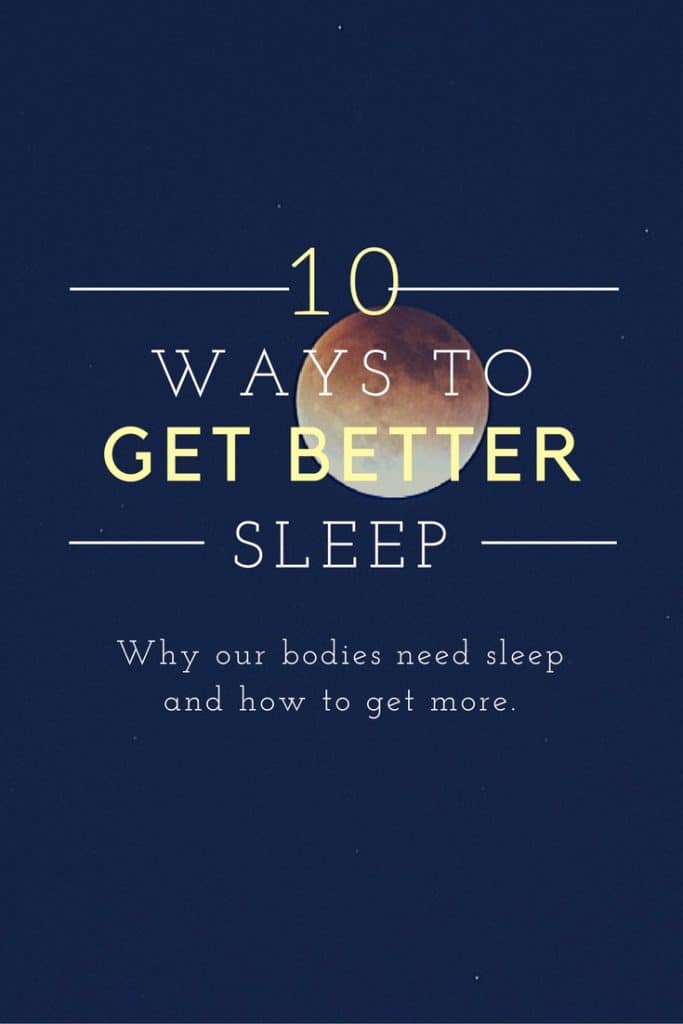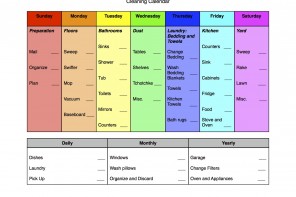I’ve written about babies and sleep before, but I would like to discuss sleep for us grown-ups. Sleep is an important aspect of our health and worth taking the time to consider how we can sleep better.
I usually don’t have much trouble falling asleep. Staying asleep is another matter, but I wake frequently due to my restless toddler. For me, my sleep issue is my habit of staying awake very late. Before kids, it wasn’t a big deal to catch up on sleep during weekends or sleep until I had to get up for work. It’s harder than ever to break that cycle because, with a toddler that never takes naps, nighttime is my only time to myself. But with early morning wake-ups from the little guy, I am definitely feeling my body demanding more sleep.
Sleep is pretty darn important. Of course, getting enough means not falling asleep at the steering wheel or the ability to be a more attentive parent. But sleep is absolutely vital to every aspect of our health. Here are just a few ways that sleep helps us out:
- Sleep helps your brain function. There’s a reason why it’s so hard to think when we are tired. When you sleep, your brain is restoring itself, making new connections and pathways for better memory and more efficient thinking. It prepares your brain for learning, observation, perceptiveness, problem solving, critical thinking, decision making, paying attention, and physical coordination.
- Sleep helps regulate your mood. Sleep deficiency is linked to depression, mood swings, risk taking behavior, and even suicide. It is another result of the brain not having the opportunity to restore itself during deep sleep.
- Sleep helps your body to heal. During sleep, our body finally has the time to go to work repairing damages done here and there. Your heart and blood vessels go through some repair, your immune system works efficiently, muscles undergo healing, your body starts to detox, and your digestive system catches up and relaxes. It’s much easier for the body to do all this work without outside stressors that come in from being awake.
- Sleep regulates your hormones. During sleep, a number of hormones sync back into healthy and normal levels. One of these is the hormone responsible for appetite. The less sleep you get, the more you will want to snack.
It’s no secret that today’s society does not value sleep. Instead, we are praised for working hard as long as possible and then waking early to work hard some more. I remember as a high school and then college student spending hours working on homework, well into the night, only to be woken very early to attend classes. And it’s not just the issue of having no time for enough sleep, there is also the common problem of insomnia or difficulty sleeping through the night. My husband is one of these people, laying awake for hours being unable to fall asleep.
Want to get more shut eye? Check out these really helpful tips to falling asleep easier and staying asleep:
- Turn of screens about a half hour before sleep. No computers, no TV, no phone. The artificial light interferes with our body’s natural sleep/melatonin signals.
- Keep the bedroom cool. Your body has an easier time falling and staying asleep in a cool environment.
- Read a book. Reading is a great nighttime activity that replaces screen time. The repetitious eye movements and relaxing qualities will have you drifting off in no time. Unless, you’re like me, and will read an entire book just because you cannot put it down…
- Sip some camomile tea. This particular tea has fantastic sleep inducing properties.
- A hot bath or shower to wash away the troubles. This is part of my nighttime routine. A shower leaves me feeling relaxed, clean, and let’s my body know that sleep is around the corner.
- Keep phones out of the room. I’m guilty of keeping my cell phone on my nightstand, but I really think it’s best to keep it out of the room. Notifications, texts, and calls will wake me up, but the electromagnetic radiation that it gives off may interfere with sleep.
- Meditate, try gentle yoga, or stretch. The purpose of this is to get the body relaxed enough for sleep. It also feels good and helps clear the mind of things keeping you awake.
- Avoid caffeine after 2 pm and sugar before bed. Stimulants like caffeine and sugar mess with our natural sleep cycle because it artificially creates a leap in energy. Remember that chocolate and soda often have caffeine too!
- Create a routine. Doing the same things every night before bed can help subconsciously let your mind know that it’s time for sleep. It’s simple, but it works! (For babies too!)
- Go to bed early or when you feel tired. Seriously. Although I should really listen to this advice myself, going to sleep early and then waking early gets your body back in tune with it’s natural sleep rhythm. This results in better sleep and waking up actually feeling rested.
- Bonus tip: Create a sleep shrine. Keeping the bedroom simple, minimalist, and comfortable is a great way to help transition the mind into sleep mode. A room with no clutter helps us to destress and by creating a space that is comfortable and calming, it also makes us comfortable and calm.






